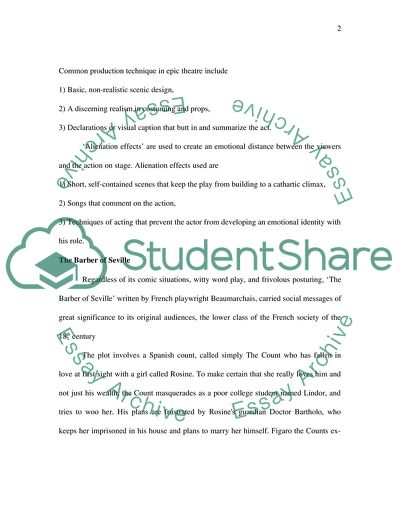Cite this document
(Epic Theater Term Paper Example | Topics and Well Written Essays - 1750 words, n.d.)
Epic Theater Term Paper Example | Topics and Well Written Essays - 1750 words. https://studentshare.org/performing-arts/1720379-epic-theater-a-comaritive-analysis
Epic Theater Term Paper Example | Topics and Well Written Essays - 1750 words. https://studentshare.org/performing-arts/1720379-epic-theater-a-comaritive-analysis
(Epic Theater Term Paper Example | Topics and Well Written Essays - 1750 Words)
Epic Theater Term Paper Example | Topics and Well Written Essays - 1750 Words. https://studentshare.org/performing-arts/1720379-epic-theater-a-comaritive-analysis.
Epic Theater Term Paper Example | Topics and Well Written Essays - 1750 Words. https://studentshare.org/performing-arts/1720379-epic-theater-a-comaritive-analysis.
“Epic Theater Term Paper Example | Topics and Well Written Essays - 1750 Words”. https://studentshare.org/performing-arts/1720379-epic-theater-a-comaritive-analysis.


